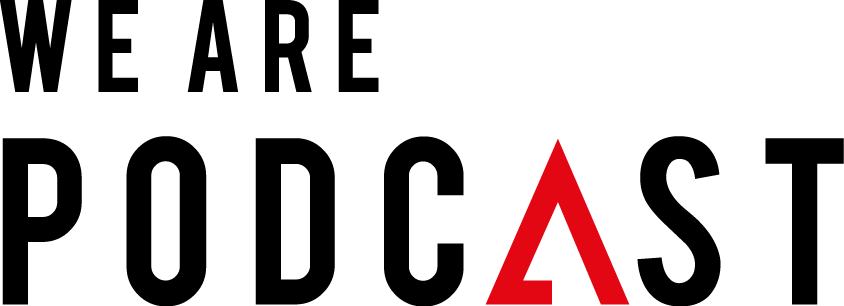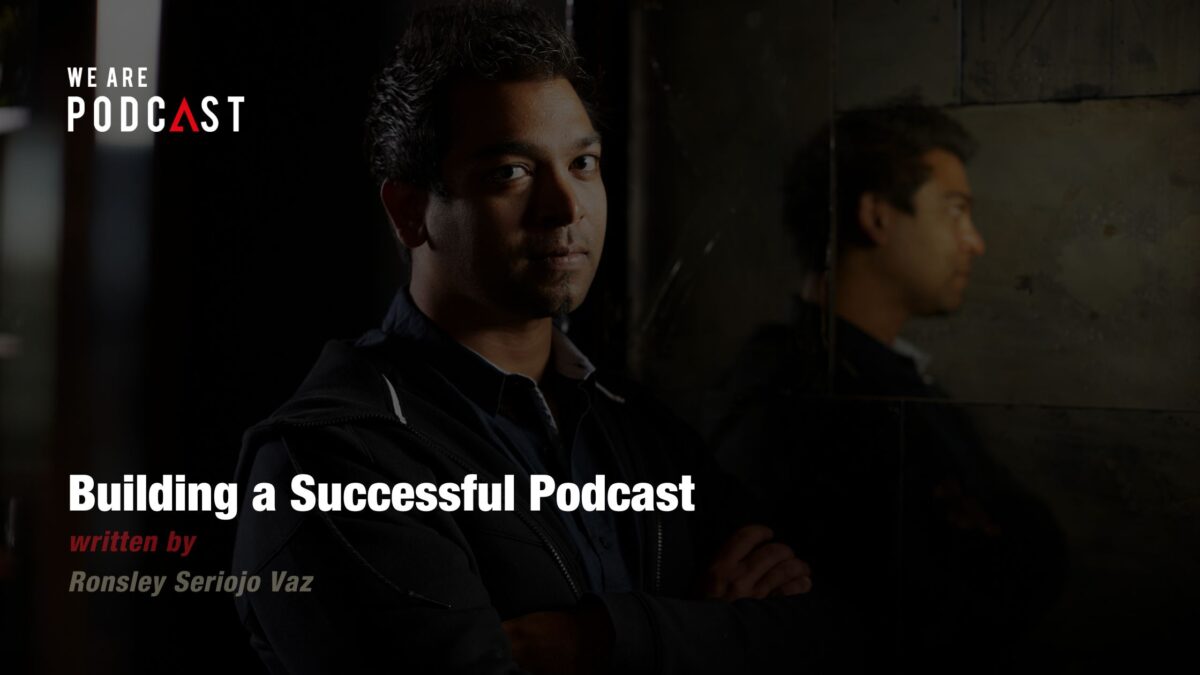Podcasting has become a popular medium for entrepreneurs and business owners to share their insights, expertise, and stories with a global audience. But creating a successful podcast requires more than a microphone and a good idea. A passion for engaging content, a strong brand identity, and organizational skills to consistently produce valuable episodes.
Finding Your Voice
Your voice is critical to your podcast’s success because it sets you apart from other podcasts in your niche and creates a connection with your audience. The unique perspective and style you bring to the table make your content stand out. For example, if you are a business coach, hundreds of other business coaching podcasts may be out there. Still, your personal experiences, insights, and delivery style can make your podcast unique and impactful. Your voice will keep your audience coming back for more, and it will help you build a loyal following.
Moreover, your voice is what helps you build trust and authority with your audience. When you speak authentically and passionately about a topic, your audience can feel it. They know that you are genuinely invested in the content you deliver and have something valuable to share with them. This trust and authority can help you build relationships with your audience, ultimately leading to business opportunities and growth. For example, suppose you are a consultant or coach. In that case, your podcast can be a powerful tool for building trust and relationships with potential clients, who may eventually become paying customers.
Developing Your Brand
Building a recognizable brand is essential for any successful podcast as it helps to establish a unique identity and personality for the show. A brand is more than just a logo or a name; it encompasses the podcast’s tone, style, and values. By developing a strong and consistent brand, podcasters can create a loyal following that identifies and connects with the show’s message and personality. A recognizable brand can also attract potential guests, sponsors, and advertisers with the same values and vision. For example, a podcast about sustainable living may develop a brand that reflects its values of environmentalism and social responsibility. The podcast may use a logo and colour scheme that reflects these values, and the host may speak in a passionate and informative tone about the subject matter. By consistently delivering content that aligns with the podcast’s brand, the audience will identify the show as a reliable source of information on sustainable living. This, in turn, can attract like-minded guests, sponsors, and advertisers who want to be associated with the podcast’s message and values.
Connect with us at We Are Podcast if you are looking to bring your brand to your podcast.
Creating Engaging Content
Engaging content is the backbone of any successful podcast because it keeps listeners returning for more. When a podcast delivers valuable and exciting content that resonates with its target audience, it builds a loyal following that can grow over time. Engaging content creates an emotional connection between the host and the listener. When listeners feel like they are learning something new, gaining insight into a topic they care about, or being entertained meaningfully, they are more likely to tune in repeatedly. For example, a podcast focusing on entrepreneurship and business might feature interviews with successful entrepreneurs who share their experiences, insights, and strategies for success. The host might delve into topics like marketing, finance, and leadership and provide valuable tips and advice to listeners starting or growing their businesses. By delivering engaging content that solves problems, educates, and inspires, the podcast can build a loyal following of entrepreneurs who trust and value the show.
Industry Insights
Staying up-to-date with industry trends and insights is crucial for any podcast host because it helps them stay relevant and provide valuable content to their audience. By keeping a finger on the pulse of their industry, hosts can identify emerging topics, trends, and technologies relevant to their audience and provide insights and analysis that can help listeners stay informed and engaged. For example, a podcast focusing on technology might cover the latest artificial intelligence, blockchain, or cybersecurity developments. By staying up-to-date with these trends and insights, the host can provide valuable information to interested listeners and help them stay informed about the latest developments in their field. In addition to keeping listeners informed, staying up-to-date with industry trends and insights can help podcast hosts build credibility and establish themselves as thought leaders. By providing expert analysis and insights on emerging topics, hosts can build a reputation as a trusted authority on their subject matter and attract a loyal following of listeners who value their expertise and insights. For example, a podcast that covers marketing might provide insights on the latest trends in social media advertising or content marketing and provide tips and strategies for listeners who are looking to improve their marketing efforts. By providing valuable insights and analysis on these topics, the host can establish themselves as a trusted authority in marketing and attract a loyal following of listeners who value their expertise.
Passion and Entrepreneurship
Podcasting is not just a hobby; it’s a business because it requires significant time, effort, and resources to create a successful show. Podcasters serious about building a loyal audience and monetizing their content must approach their podcasting like a business. This means developing a clear strategy, setting goals, and investing the necessary tools and resources to produce high-quality content. For example, a podcaster who wants to build a successful show might invest in professional recording equipment, hire an editor or sound engineer, and develop a marketing plan to promote their show. In addition to the investment of resources, podcasting is also a business because it can generate revenue through various channels. Podcasters can earn money through sponsorships, advertising, merchandise sales, and even by creating online courses or products related to their show’s topic. For example, a podcaster who focuses on health and wellness might create an online course on meditation or healthy eating habits and sell it to their listeners. By treating their podcast like a business, podcasters can create a loyal following and generate a steady stream of income from their show.
Organization and Consistency
One of the critical factors contributing to a podcast’s success is organization and consistency. Being organized means having a clear structure and plan for the podcast, from the topics to be covered to the guests to be interviewed. Consistency, on the other hand, means delivering episodes regularly, whether weekly, bi-weekly, or monthly. By being organized and consistent, podcasters can create a sense of reliability and dependability with their audience, leading to a loyal following. For example, a successful business podcast might have a clear structure that includes a segment on industry news, an interview with a guest expert, and a Q&A session with listeners. The podcast may air every Monday simultaneously, allowing listeners to anticipate new episodes and plan their listening schedule accordingly. By consistently delivering high-quality content on a regular schedule, the podcast can build a reputation for reliability and dependability, which can lead to a loyal following of listeners.
Building a successful podcast takes time, effort, and a lot of passion. With these key talking points in mind, you can create a podcast that resonates with your audience and helps you achieve your goals.

